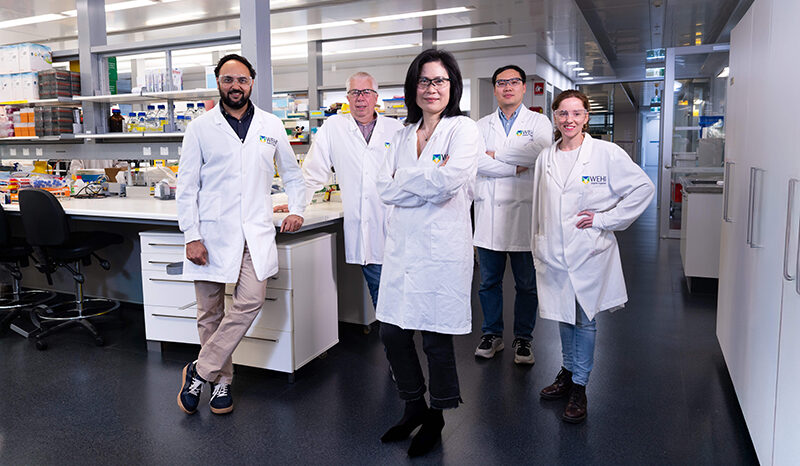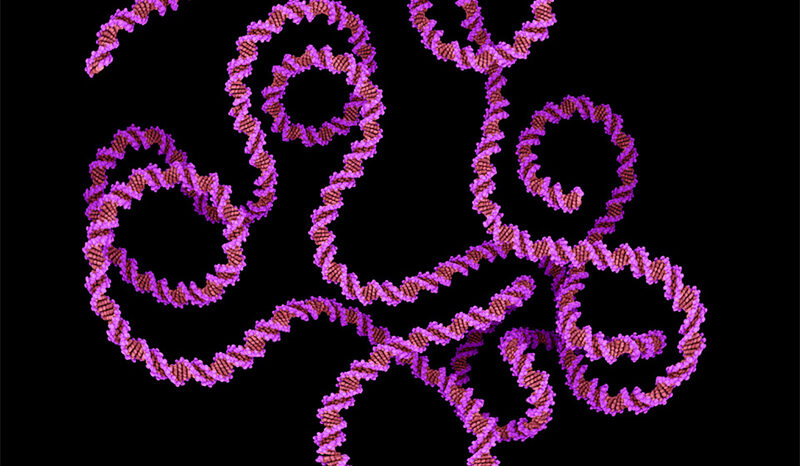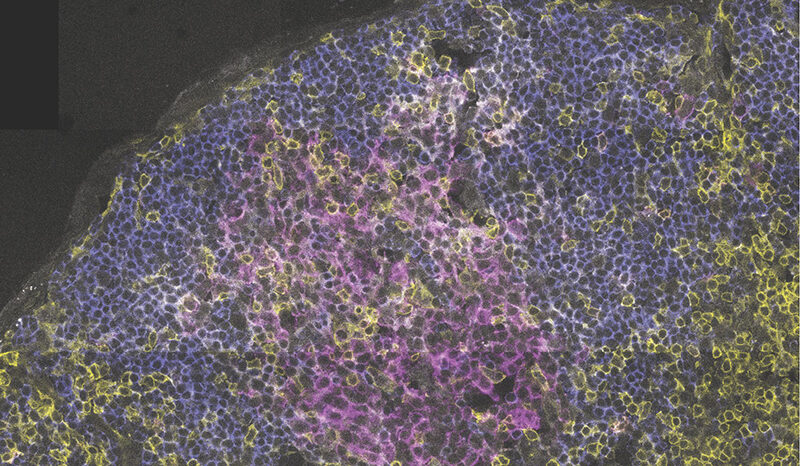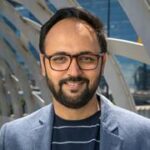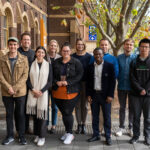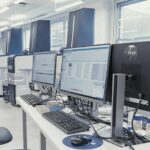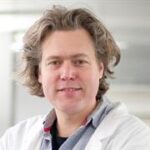Cancers are generally easier to treat when they are small and have not spread. Early detection of cancer is one way to prevent cancer-related deaths.
Cancer often takes months or years to develop from a single, cancerous cell. Many cancers are not diagnosed until they are large enough to prevent normal functions within the body. Cancer screening programs that are used in people known to be at risk of a certain cancer are cost-effective ways of detecting cancer early and saving lives.
In Australia, bowel cancer screening (faecal occult blood testing) for people over 50, breast cancer screening (mammograms) for women over 50, and Pap testing women for cervical cancer are widespread and effective early cancer detection tests.
Cancer Council Victoria offers detailed information about cancer treatment, and advice for people affected by cancer.
WEHI researchers are not able to provide specific medical advice specific to individuals. If you have cancer and wish to find out more information about clinical trials, please visit the Australian Cancer Trials or the Australian New Zealand Clinical Trials Registry, or consult your medical specialist.


